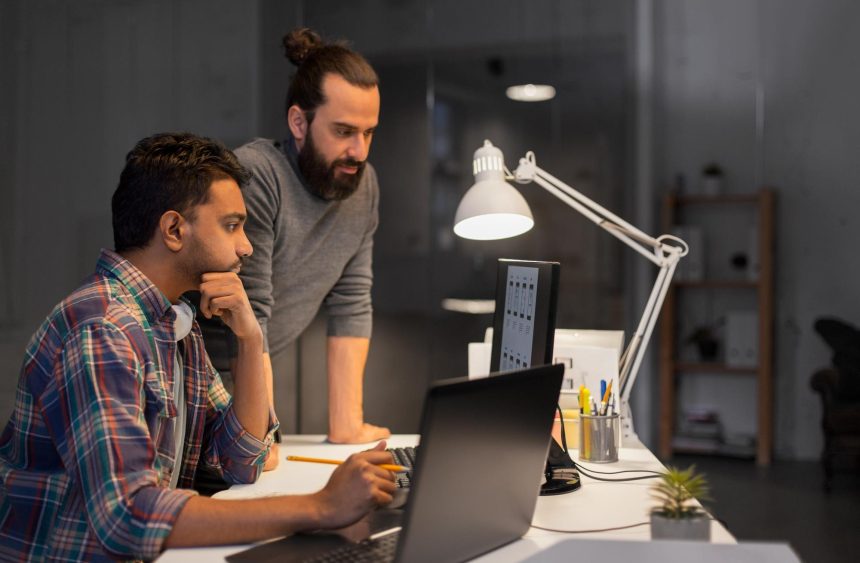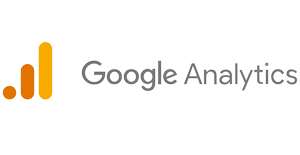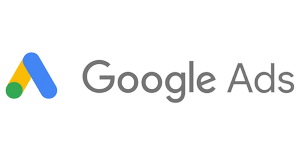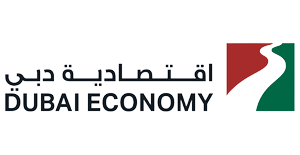One of the most important processes in online identity development is the employment of a Web Designer Dubai. professional’s selection can make or break your website, and your performance in the long run. It is better to ask the right questions prior to hiring a person as it will save time and help you get someone who shares your vision. Any project must be clearly communicated and transparent, and well understood. An experienced designer will provide designs that can resonate with your objectives as a brand and also resonate with your target audience. In the modern digital era, smart companies are concerned with both the appearance and functionality. They desire websites that are fast to open, run well and that are entertaining to visitors. It is important to take time to know more about the background, process and capabilities of the designer before making a decision. This way you save yourself the price of making expensive errors in the future. Let’s explore ten essential questions to ask when choosing your ideal Freelance Web Designer Dubai for your next project.
1. What is Your Website Design Experience?
Web design is an expertise that is developed through experience. Never forget to enquire about the working time of the designer in the industry. Seasoned designers know how to mix creativity and strategy. They understand what is best in various businesses and industries. Enquire about the past positions or customers that they have served. Their background would help you to determine their reliability and versatility. You may also ask previous clients to provide reference as a way of checking performance. Professional designers possess a collection of different projects. The higher the number of projects they have managed to complete successfully, the more confident you can be about their abilities.
2. Are You able to provide examples of previous work?
A portfolio discloses the actual abilities of a designer. Examine a number of websites that have been done before settling on one. Note balance in layout, visual flow and use of colors. Every design must be a narrative and indicate the brand values of the client. Determine whether their past designs are user-friendly and responsive. The examples make you realize the strength and the creativity of the designer. Find variety in industries or type of business. Good portfolio is an indicator of experience and flexibility. Good graphics, powerful design, and good navigation are a sign of detail attention. The selection of a designer is a way of developing confidence and delivering satisfaction.
3. How Do You Approach New Design Projects?
A designer is able to work in an organized but loose manner. Inquire about the way they initiate every project. It typically begins with knowing your objectives and target. This is followed by wire framing, designing and testing. Being aware of their workflow is useful in order to monitor the progress. It also makes it possible to offer feedback on each stage. An effective plan facilitates effective collaboration and achievement of time. It also reduces subsequent revision. Open communication regarding the project phases promotes teamwork. Planners are designers who can give uniform and amazing results. This question will assist you in analyzing his or her professionalism and planning.
4. How Does Your Design Process Work?
Quality results are determined through the design process. Inquire of your designer what steps they take. Enquire about how they test functionality and user experience. Every stage is to be oriented on visual harmony, accessibility, and usability. Understandable steps also imply reduced misunderstandings. A systematic designer is time and task efficient. The appropriate process makes the site attractive in appearance and technical. This question is used to determine how well-organized and dedicated to excellence your designer is.
5. Do You Offer Customized Web Solutions?
Each company is individual, and its online requirements are as well. A professional designer must provide personal services that will show your objectives. Inquire about whether they offer bespoke layouts or templates. Custom designs are unique and align with your brand name. Expertise is demonstrated by the capability to vary solutions to various industries. It also makes sure that the site is in line with your marketing strategy. Website customization designers also take into account scalability in the future. Personalization increases efficiency, strengthens branding, and increases engagement. Through this discussion, it is clear whether the designer will be able to provide custom and meaningful web experience.
6. Which Web Design Platforms or Tools do you use?
One of the advantages in effective web design is technology. Enquire about the software and platforms they are using. Professional designers usually have to deal with WordPress, Shopify, or Figma. Their flexibility and functionality depend on the tools they adopt. This knowledge will assist you in learning possible integration alternatives of your site. It also shows their level of relevance to the current trends. The advanced design tools will make the workflows and the results accurate. The appropriate technology advocates scalability and innovative implementation. They should ensure that they are using licensed software to be safe and compliant. This is a question that can be used to evaluate technical competence prior to recruitment.
7. What is Your Revision and Client Feedback Process?
Any design process is characterized by revision. Enquire your designer on how he or she handles feedback. A professional treats suggestion freely and makes changes in time. With proper communication, work becomes easier. Explain the number of revision rounds involved in the agreement. This helps avoid misunderstandings in the future. The attitude of a designer to feedback is a sign of professionalism. They are expected to appreciate your ideas without compromising on design. Talk about feedback techniques, e.g. meetings or online reviews. An amicable sharing of ideas will guarantee satisfaction. This is done to help both sides manage to meet the expectations and to come up with a final design that suits your vision.
8. What Are Your Payment Terms and Project Timeline?
Discussing finances early avoids confusion later. Ask for a breakdown of costs and payment structure. Understanding how and when to pay builds trust. The timeline reveals how the designer plans their schedule. Reliable designers deliver on agreed deadlines. Always check if they require deposits before starting. Clear terms protect both parties from disputes. Ask about delays and extension policies too. Transparent pricing and timeframes show professionalism. Comparing different offers also helps you make informed decisions. A detailed contract with clear terms guarantees accountability and confidence in project completion.
9. How Do You Ensure SEO and Mobile Responsiveness?
Modern websites must perform well on all devices. Ask your designer about SEO and mobile optimization practices. Responsive layouts improve usability and search visibility. Mobile-friendly sites load faster and retain users longer. Designers who understand SEO structure pages better for ranking. They also use clean code and fast-loading visuals. Combining technical and creative expertise ensures long-term performance. This question highlights whether your designer keeps up with web trends. A website built for both speed and functionality brings measurable business growth. Prioritizing SEO and responsiveness improves traffic and user engagement.
10. What Support or Maintenance Do You Provide After Launch?
A website needs regular updates to remain secure and efficient. Ask what maintenance options the designer offers. Reliable professionals provide ongoing support for bugs or upgrades. Clarify whether they include hosting management and security checks. Post-launch services keep your site functional and relevant. Regular monitoring prevents downtime and ensures smooth operation. It’s important to know who handles future content updates. Discussing support in advance sets clear expectations. A long-term maintenance plan adds value to your investment. Always prefer designers who commit to post-launch care for consistent performance.
Considering Future Trends in Website Design
Website trends evolve rapidly with technology. Discuss how designers adapt to upcoming styles and tools. Future-oriented designers plan for long-term digital growth. They focus on scalability, innovation, and usability. Ask if they follow emerging trends like AI web development or minimalistic layouts. Staying updated with new practices keeps your site relevant. Designers aware of future innovations ensure your website remains competitive. Anticipating trends supports future redesigns and technology shifts. A forward-thinking approach adds value and sustainability to your digital presence.
Learning from Expert Designers Like Saad Ashraf
Industry experts inspire excellence. Saad Ashraf, a skilled web developer, emphasizes clean design and functionality. Learning from such professionals can improve your understanding of best practices. They focus on user experience, responsiveness, and optimization. Observing their work teaches how design influences engagement. They balance creativity with business strategy. Experts like Saad also highlight the importance of continuous improvement. Their methods guide new designers and business owners toward better outcomes. Studying their process helps refine decision-making when hiring professionals for your next project.
Conclusion
Choosing the right designer defines your digital success. Asking focused questions reveals the professional’s skills, mindset, and reliability. A good designer understands your goals, communicates clearly, and delivers measurable results. Whether you hire locally or explore AI website Dubai or web design Dubai services, ensure you verify experience and process.







